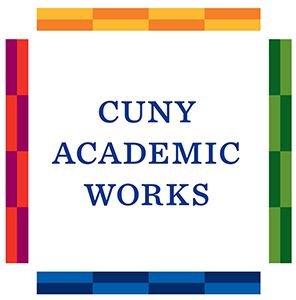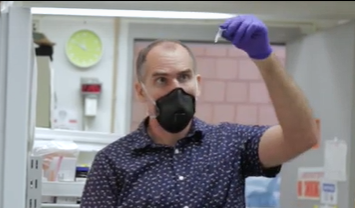Resources for Sexual Assault Awareness Month, by Nancy Foasberg, Librarian for Women and Gender Studies
The QC Library observes Sexual Assault Awareness Month in April with a selection of resources related to awareness of sexual assault, supporting victims, and ending sexual violence. Following the lead of the National Sexual Violence Resource Center, the library’s guide will focus on building safer spaces online. Thus, resources in the Library’s Sexual Assault Awareness Month Guide cover topics such as cyberstalking, revenge porn, online anti-harassment activism, and protecting your privacy online.
I also highly recommend you visit the official National Sexual Assault Awareness Month website, which includes a variety of valuable resources.
Content Note: The resources in this blog post and the accompanying guide deal with sexual assault and may sometimes describe assaults or other sexual abuse.
Here are a few highlights from the library guide:
Website: Data Detox Kit, from Tactical Tech. The Data Detox Kit is a simple, accessible toolkit that walks you through the steps you can take towards a more in-control online self. It takes a holistic approach, going through the different aspects of your digital life, from the amount of time you spend on your phone, to the apps that you use, to the passwords you set.

Documentary: Netizens. After their lives are overturned by vicious online harassment, ‘Netizens’ follows three women as they confront digital abuse and strive for equality and justice online. Directed by ‘Bully’ producer/writer Cynthia Lowen, the film bears witness as a courageous wave of individuals transform the web as we know it.

Book: Dismantling Rape Culture: The Peacebuilding Power of “Me Too.”This book analyses rape culture through the lens of the ‘me too’ era. Drawing feminist theory into conversation with peace studies and improvisation theory, it advocates for peace-building opportunities to transform culture and for the improvisatory resources of ‘culture- jamming’ as a mechanism to dismantle rape culture. The book’s key argument is that cultural attitudes and behaviors can be shifted through the introduction of disrupting narratives, so each chapter ends with a ‘culture-jammed’ re-telling of a traditional fairy tale.

Book: eGirls, eCitizens: Putting Technology, Theory and Policy into Dialogue with Girls’ and Young Women’s Voices. eGirls, eCitizens is a landmark work that explores the many forces that shape girls’ and young women’s experiences of privacy, identity, and equality in our digitally networked society. Aimed at moving dialogues on scholarship and policy around girls and technology away from established binaries of good vs bad, or risk vs opportunity, these seminal contributions explore the interplay of factors that shape online environments characterized by a gendered gaze and too often punctuated by sexualized violence. Perhaps most importantly, this collection offers first-hand perspectives collected from girls and young women themselves, providing a unique window on what it is to be a girl in today’s digitized society.

Book: Perspectives on Stalking: Victims, Perpetrators, and Cyberstalking. Stalking-characterized by harassment, repeated calling, sending inappropriate letters or gifts, unsuitable use of social media, confrontation, and other unwanted behaviors-is a worldwide problem that is on the rise, especially the incidence and prevalence of cyberstalking. This book presents a collection of prominent articles published in the peer-reviewed journal Violence and Victims, written by experts on stalking from a variety of social science disciplines. Authors present research related to stalking victims and perpetrators, cyberstalking, how to identify stalking, and stalking in a variety of settings with a focus on college campuses.

Book: This is Why We Can’t Have Nice Things: Mapping the Relationship between Online Trolling and Mainstream Culture. In this provocative book, Whitney Phillips argues that trolling, widely condemned as obscene and deviant, actually fits comfortably within the contemporary media landscape. Trolling may be obscene, but, Phillips argues, it isn’t all that deviant. Trolls’ actions are born of and fueled by culturally sanctioned impulses–which are just as damaging as the trolls’ most disruptive behaviors. Phillips describes, for example, the relationship between trolling and sensationalist corporate media–pointing out that for trolls, exploitation is a leisure activity; for media, it’s a business strategy. She documents how trolls, in addition to parroting media tropes, also offer a grotesque pantomime of dominant cultural tropes, including gendered notions of dominance and success and an ideology of entitlement. We don’t just have a trolling problem, Phillips argues; we have a culture problem. This Is Why We Can’t Have Nice Things isn’t only about trolls; it’s about a culture in which trolls thrive.












